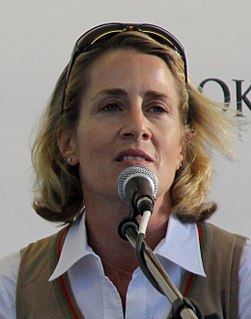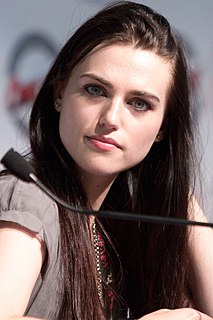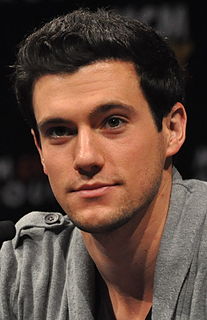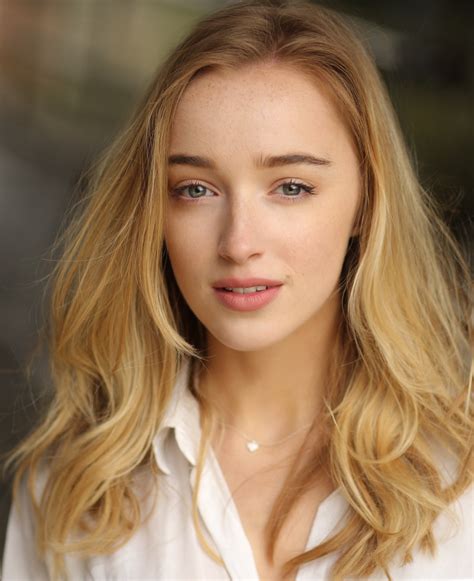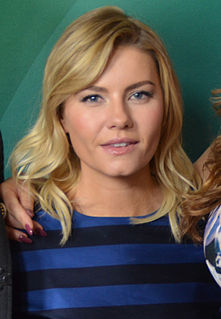A Quote by Sylvia Day
The '50 Shades' series is a Cinderella story, where the characters seemingly have no flaws. The 'Crossfire' series is very different in that these two characters are almost mirror images of each other.
Related Quotes
I used to be an editor and I was editing young adult series. I didn't really like the books that I was reading, so I decided that I would write a book about something I'd want to read if I was 16. It turned into a Cinderella story... I developed a proposal and the characters of 'Gossip Girl' for my job.
Back in the late '90s, a writer named Daniel Handler decided that kids books were too cheerful. I mean, all the "Harry Potter" series did was occasionally kill off major characters. Thus was born "A Series Of Unfortunate Events" and its mysterious author, Lemony Snicket. "A Series Of Unfortunate Events" is now a great new series on Netflix.
I don't know quite how a story develops in my head. It is a bit chaotic. If I am working on a series, one of the main characters at least is already in existence as well as some setting and minor characters. Finding the other main character can be a challenge. Sometimes this character already exists in a minor role in another book.
I have always said the success of the show has stemmed from our audience being able to relate to the characters on different levels - being based on the universally loved Arthurian legend is only a tiny part of its success - it's a story about acceptance and growing up. The breathtaking finale of this series leaves you with no doubt that characters have been on their journeys and had their stories told - it's completely the right time to draw our telling of the story to a close.
When you're directing an ongoing series, the tone has already been set. So a director will come in and fulfill that tone - reinforce the characters and their behavior. The challenge is to find unique ways that you can visually tell the story while keeping the established tone and the pace and the characters.
In my opinion, visual effects are great when it compliments a good story, and action is great when it compliments a good story, but just to have them for the sake of having them, it gets a little boring, especially if you're talking a TV series. At least with a movie that's an hour and a half to two hours, you see it and you're impressed, and then you're out. With a series, if it's only that, week after week after week, there's nothing there to bring you back. You have to get invested in the characters and care about them and want to follow them.


